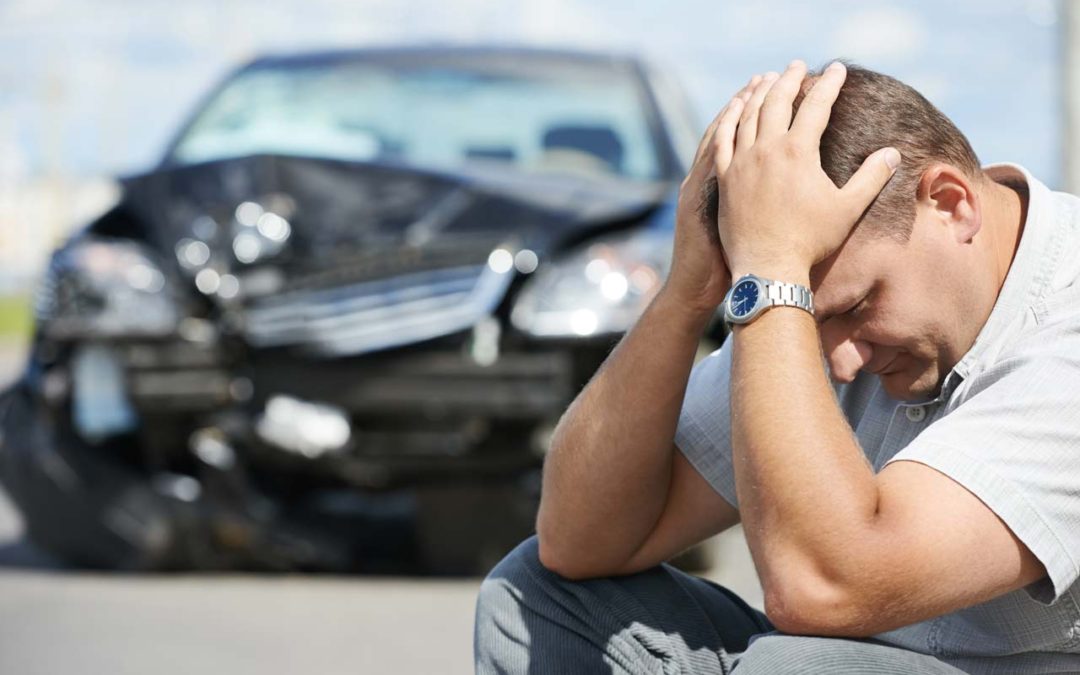1. Make sure everyone is fine and move to a safe spot.
Safety should always be your main priority when an auto collision occurs, so before doing anything else, ensure that everyone who is involved is okay. If someone is injured, or appears unresponsive or groggy, don’t hesitate to call 911 right away. Internal injuries can happen, so it’s better to be safe than sorry.
2. Remain calm.
If you weren’t at fault, you may feel angry and want to yell at the other driver but try to restrain yourself. Getting angry will make it more difficult to think clearly. Remember, you still need to exchange information with the other driver, file a police report, record the damage to your vehicle, and get in touch with your insurance company.
3. Call the police to file a report.
When everyone is safe, it’s time to contact the local police even if it’s only a minor accident. When they arrive, you’ll need to provide:
- Driver’s license;
- Vehicle registration;
- Proof that you are financially accountable for the vehicle;
- Your current address.
The type of report you file when the officers arrive varies between states, but you can view information for your local area with DMV.org’s accident guide.
4. Record the other driver’s information.
While waiting for the police to arrive, it’s important that you get the other driver’s personal and insurance information. At a minimum, make sure you take note of these things:
- Their name, address, and phone number;
- The make and model of their car;
- Their license plate number;
- Their insurance carrier and policy number.0
Be careful about the information you give the other party – never give out your social security number and sign a document unless it’s for the police or your insurance agent.
5. Don’t apologize or admit guilt.
It’s important that you never admit that the accident was your fault, even if it was. Regardless of how emotional you might be feeling, admitting guilt or saying that you’re sorry can make things a lot more difficult for you in the future.
6. Take photos and record notes for your insurance claim.
In the moments following the auto collision, you might feel like there’s no way you’ll forget the details about what happened, but don’t take any chances. Take photos of the scene, any damage to your and their vehicle, and any injuries. Also, take a moment to record exactly what happened in as much detail as possible, then contact your insurance agent.

7. Visit or talk to a doctor.
Even if you feel fine following the accident, you should still take the possibility of injury seriously. There are a number of injuries commonly related to car accidents that don’t reveal symptoms right away. Be sure to watch for any pain or stiffness as time passes. Even if you think you’re fine, at least call your doctor to talk about the accident and get medical guidance.
An auto accident can leave even the most seasoned driver shaken, but following these steps can shield you from unnecessary worries so you can focus on working with your insurance company to get your vehicle repaired as quickly and stress-free as possible.
Don’t take any chances with your safety or that of your family. Contact us today to schedule a consultation so we can review your car insurance coverage to ensure that you are taken care of should the unexpected happen.

